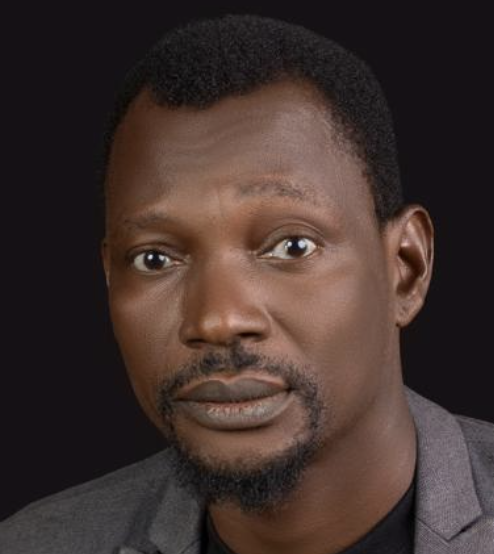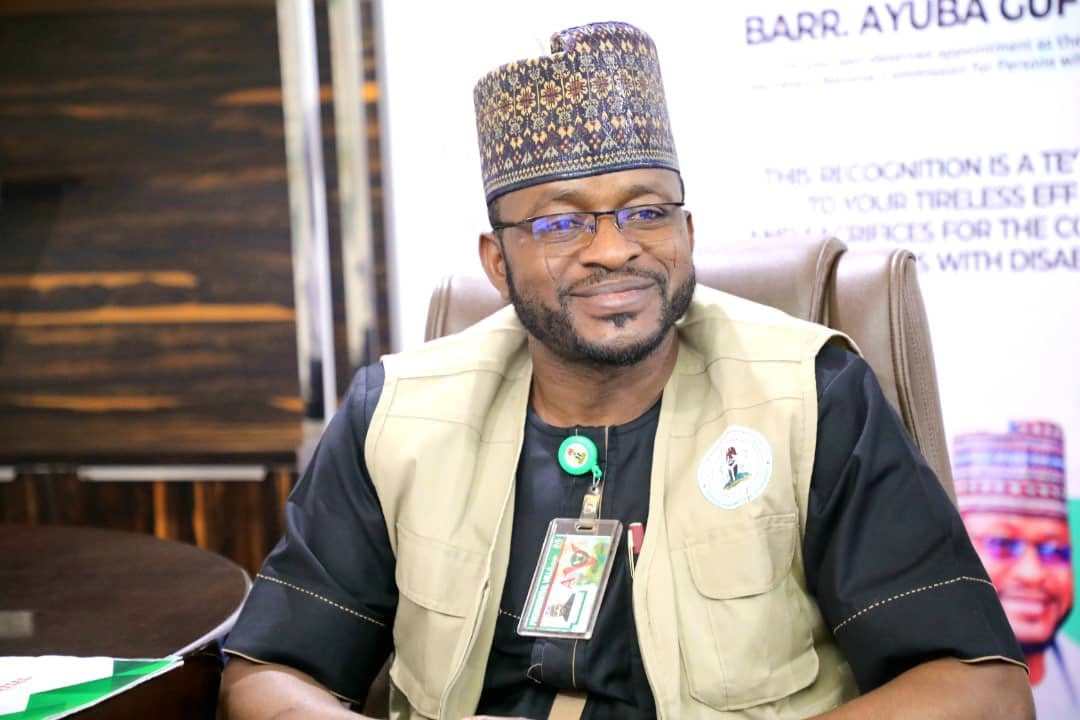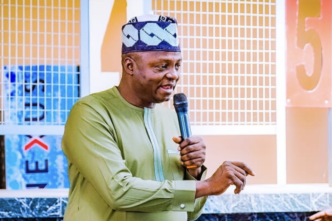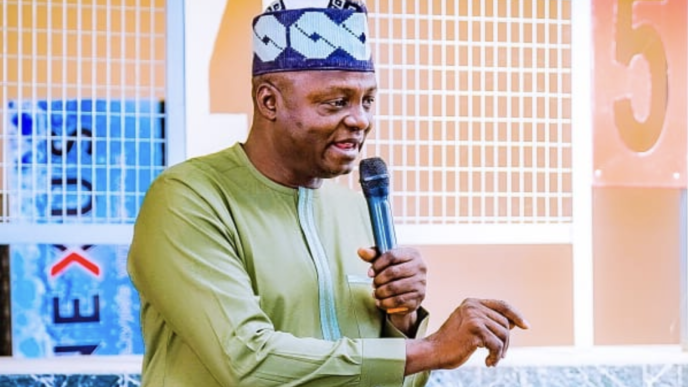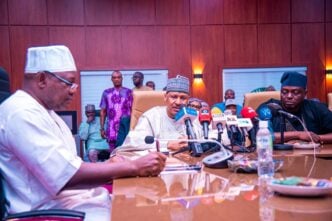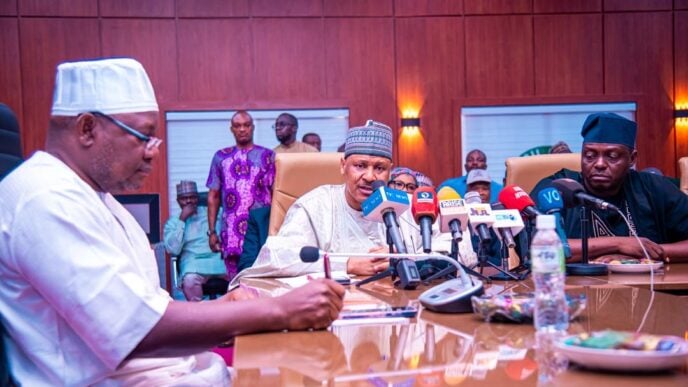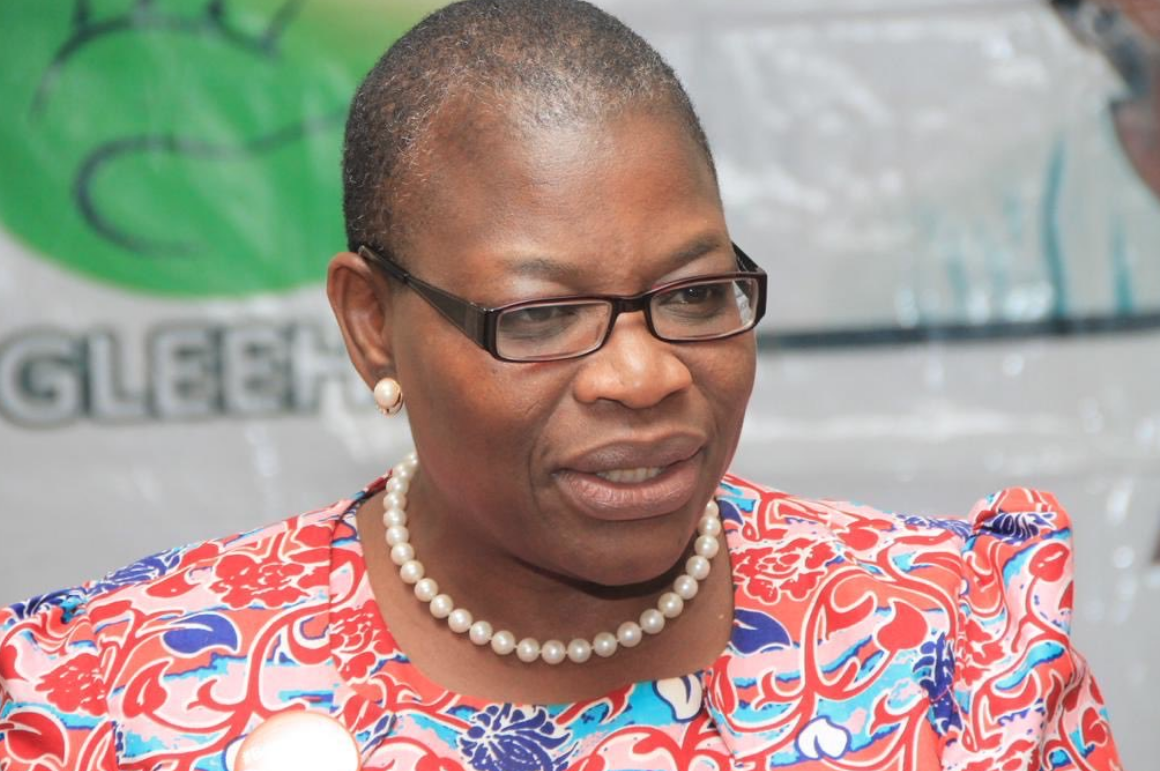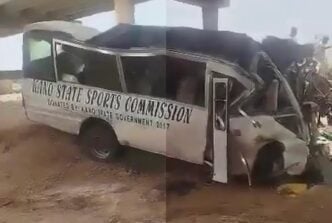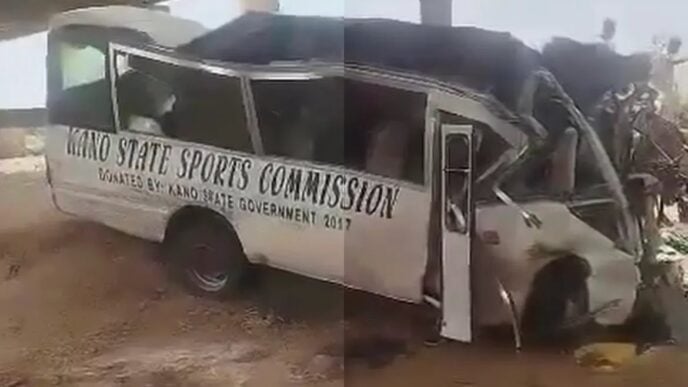Mohammed Abba Isa
Mohammed Abba Isa is the senior special assistant (SSA) on special needs and equal opportunities to President Bola Tinubu. Before his appointment as SSA, he was the first chairman of the Joint National Association of Persons with Disabilities (JONAPWD), Yobe state chapter.
He has over a decade of experience advocating for people with disabilities (PWDs) locally and internationally.
In this interview with TheCable’s YEMI MICHAEL, Isa shared his thoughts on issues affecting PWDs in Nigeria, the welfare programmes being put in place, database of PWDs in the country, and other important matters.
TheCable: What are the most pressing accessibility issues faced by people with disabilities (PWDs) in our country today, and what specific steps have you taken to address some of them?
Advertisement
Isa: Thank you very much. Some of the most pressing accessibility issues faced by PWDs include physical barriers in public spaces, limited access to education and employment opportunities, and inadequate healthcare services.
In addressing these challenges, my office has championed advocacy for the implementation of policies to make public spaces more accessible, increase funding for disability-inclusive education and employment programmes, and improved healthcare services for PWDs.
In the last two years, we have championed programmes such as cash transfers, assistive devices, and vocational training for PWDs. These programmes have improved their quality of life by providing financial support, increasing mobility and independence, and enhancing employability.
Advertisement
TheCable: How comprehensive is the current database of PWDs in the country, and what efforts are being made to ensure an accurate count and representation of their needs?
Isa: Our current database is being updated through a nationwide registration exercise.
As we speak now, there is no centralised database of PWDs in Nigeria. Everyone works with his/her own data. That is why my office is currently working with the stakeholders to develop a centralised comprehensive database of PWDs that is disaggregated in order to ensure that the database accurately reflects the needs of PWDs and informs policy decisions.
TheCable: What do you consider your most significant achievement for PWDs so far, and how has it measurably impacted their daily lives?
Advertisement

Isa: One of our most significant achievements is the passage of the National Disability Act, 2018, and the establisment of the National Commission for Persons With Disabilities (NCPWD) which provides a framework for protecting the rights of PWDs. This has led to increased access to education, employment, and healthcare for PWDs.
Some of the biggest ongoing problems for PWDs include stigma and discrimination, limited access to education and employment opportunities, and inadequate infrastructure. Barriers to addressing these issues include lack of awareness, inadequate funding, and weak enforcement of disability rights laws.
TheCable: Millions of PWDs remain in poverty despite government policies. Why do you think these policies have not been effective in lifting the majority of them out of economic hardship, and what systemic changes are needed?

Isa: Policies have not been effective due to limited coverage, inadequate funding, and lack of coordination among government agencies. Systemic changes needed include increasing funding, improving coordination, and implementing disability-inclusive economic empowerment programmes.
Advertisement
We plan to launch initiatives to promote disability-inclusive employment, improve access to quality education, and enhance healthcare services for PWDs. These initiatives will be implemented in partnership with stakeholders and will prioritise the needs of PWDs.
We engage with PWDs and their organisations through regular consultations and participation in policy-making processes. PPP play a crucial role in our strategy by leveraging resources, expertise, and funding to support disability-inclusive initiatives.
Advertisement
TheCable: How do you address the unique challenges faced by PWDs who also belong to other marginalised groups, such as women, children, or rural dwellers?

Isa: We address these challenges through targeted programmes and policies that prioritise the needs of marginalised groups. We also work with stakeholders to ensure that our initiatives are inclusive and responsive to the needs of all PWDs.
Advertisement
We evaluate success through metrics such as increased access to education and employment, improved healthcare outcomes, and enhanced participation of PWDs in society. Stories of PWDs who have benefited from our initiatives and are living independently and contributing to their communities positively also illustrate the progress made under our leadership.
Advertisement
